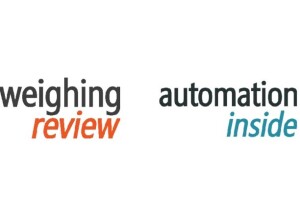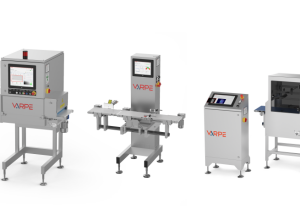AI Ethics in Measurement: Can Algorithms Be Fair in Trade Weighing?
As artificial intelligence becomes a core component of modern weighing systems — from dynamic calibration to automated compliance — questions of ethics, transparency, and fairness are emerging. Can an algorithm truly remain impartial when determining values that affect trade, pricing, and regulation? AI ethics in metrology seeks to ensure that automated systems deliver results that are not only accurate, but also auditable and unbiased.
AI’s Expanding Role in Trade Weighing
AI-driven weighing systems now handle more than simple readings. They filter noise, detect anomalies, predict failures, and even make compliance decisions autonomously. In commercial transactions, this automation reduces human error but introduces new ethical challenges — particularly when algorithmic decisions have direct financial consequences.
- Automated Validation: AI verifies scale calibration and legal-for-trade compliance.
- Anomaly Detection: Algorithms distinguish between noise and genuine deviations (anomaly detection in weighing data).
- Predictive Maintenance: Machine learning models anticipate component failure (AI diagnostics for load cells).
- Dynamic Adjustment: Adaptive algorithms fine-tune readings based on environmental factors.
The Risk of Algorithmic Bias
Bias in weighing systems can occur when AI models are trained on unrepresentative data or when decision rules favor certain operational conditions. In trade contexts, such biases could unintentionally distort fairness between buyers and sellers.
- Data Bias: Training datasets that exclude specific conditions (e.g., vibration, temperature extremes).
- Hardware Dependence: Models tuned for one brand or configuration may perform unevenly elsewhere.
- Threshold Drift: Adaptive systems may “learn” to compensate incorrectly over time without supervision.
- Lack of Explainability: Complex neural models make it hard to audit individual decisions.
Ethical Principles for AI in Metrology
Metrological ethics, rooted in accuracy and traceability, now extends to algorithmic integrity. AI-based weighing systems should meet five key ethical standards:
- Transparency: AI decision processes must be explainable to regulators and users.
- Accountability: Responsibility for algorithm outcomes must be traceable to identifiable entities.
- Non-Discrimination: Results must be consistent regardless of external variables such as temperature, vibration, or manufacturer.
- Auditability: Logs of all algorithmic decisions should be preserved and verifiable (digital certificates and compliance).
- Human Oversight: Final decisions in trade-related weighing should remain reviewable by certified personnel.
Legal and Standards Perspective
Ethical AI in measurement aligns with evolving international frameworks and standards:
- OIML D 31 & D 11: Define digital system requirements for legal metrology instruments.
- ISO/IEC 24029: Guidance on assessing AI system robustness.
- EU AI Act: Classifies trade-related weighing systems as “high-risk” and mandates transparency.
- GAMP 5: Ensures validated software and documented process integrity (software validation guide).
Ensuring Algorithmic Transparency
Transparency is key to trust. AI systems in weighing should produce verifiable metadata for each reading — including model version, calibration reference, and confidence level. These data logs can be anchored in blockchain networks to create immutable audit trails.
- Explainable AI (XAI): Provides interpretable outputs for audit review.
- Digital Calibration Chains: Link sensor data to traceable standards (traceability chains).
- Ethical Auditing Tools: Monitor model performance across different trade environments.
Balancing Automation and Human Judgment
While AI enhances precision and efficiency, human oversight remains essential in legal metrology. Ethical weighing systems use AI as a decision-support layer — not a replacement for certified operators. The ideal balance combines human expertise with machine objectivity, ensuring that all measurements remain transparent, reproducible, and fair.
Future Outlook
As weighing technology integrates deeper into global trade networks, AI ethics will shape how trust is built between digital and human systems. Future standards may require certified “algorithmic calibration” alongside physical verification — ensuring that fairness is quantifiable and accountability is shared across the entire measurement lifecycle.
Related Articles
- AI Diagnostics for Load Cells: Predicting Failure Before It Happens
- Anomaly Detection in Weighing Data: How AI Distinguishes Noise from Error
- Global Traceability Chains: Ensuring Data Integrity from Sensor to Certificate
























